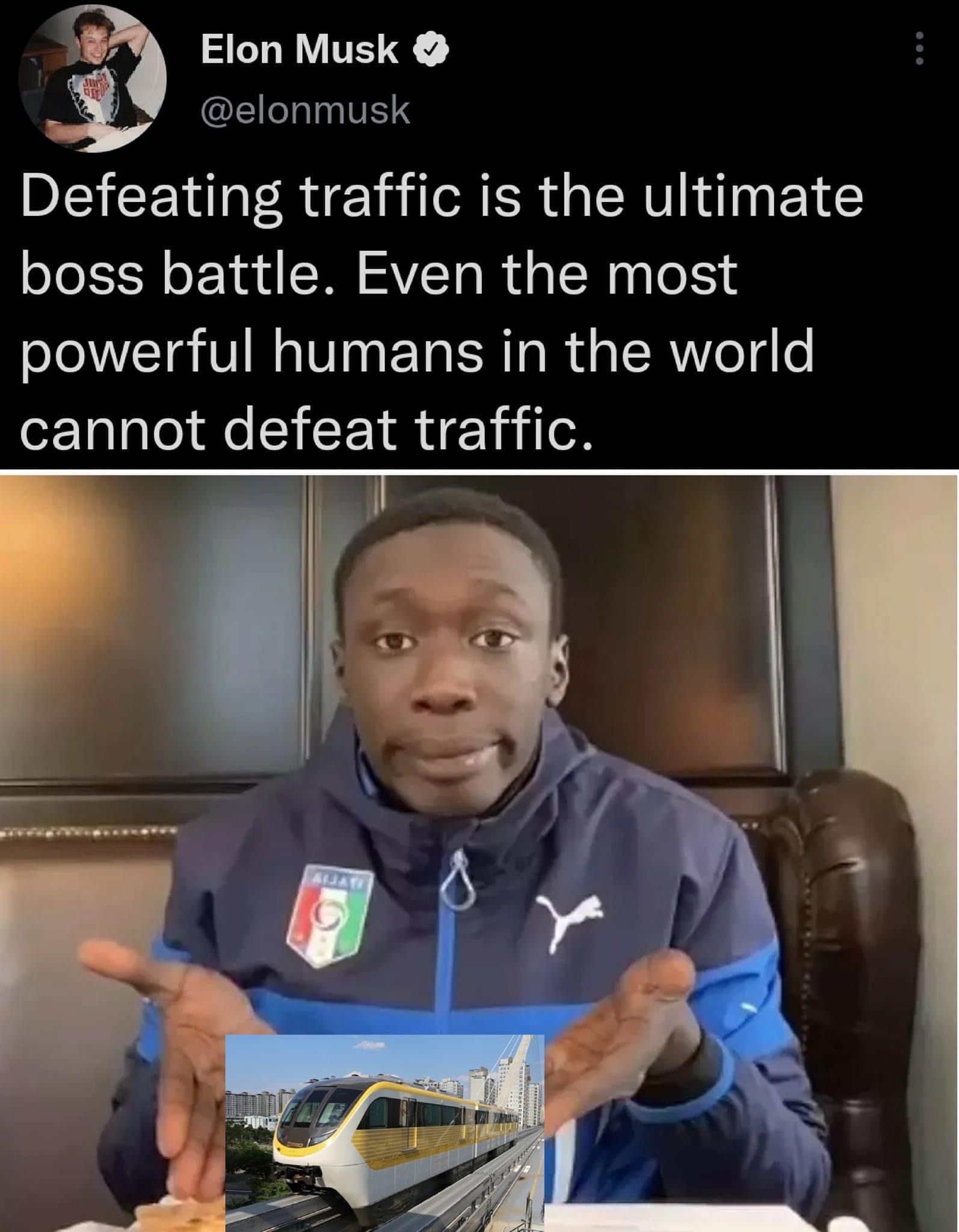Thanks boss, I appreciate it.
BartsBigBugBag
That link won’t load for me, can you post the direct link in addition to the alternative link in the main body?
I think you vastly overestimate how many people buy new cars. Most new cars are bought by the same group of people year after year. Almost 75% of cars purchased in America yearly are used. It’s really only a specific class of people who can afford to buy new cars. It is not the norm.
I mean, if you’re well off enough to buy a $30k car, you’re better off than most Americans anyway. What about those of us that couldn’t afford that, and instead are faced with the choice of taking out exploitative loans and paying for years, or keeping our high mileage, high MPG vehicles?
It seems there’s an assumption that everyone eventually has to buy a new car, but that’s not true. I can count the number of people in my life who have ever bought a new car on one hand. The rest rely on old junkers they replace every couple years because $2000/2yrs is significantly more affordable for someone in poverty than $30,000+ in one year, or $500/mo payments for 5.
Like for me, I spend $30/mo on gas. That’s it. I spend about $25/yr on oil changes, I spend $75/every 2 years on emissions. I’d have to save a hell of a lot more than just gas and upkeep costs to save even a single dollar, and even then I’m definitively losing money over just keeping my car because I will have to pay payments for years because I don’t have the money to buy a new car outright. Personally, I will never buy a new car, nor take a loan for Car, so that puts EVs even further out of my reach. Wheres the $5-10k EVs that are present in much of the world? I don’t want a 16” tv in my dash, or heated seats, or a vision system, or rain sensing windows. I want a bare bones car, with no luxuries, for as cheap as possible, that is as efficient as possible. My 15 year old Corolla is better than the majority of modern cars available in my country in nearly every respect that is meaningful to me than any EVs available for sale in my country, every way except emissions. Unfortunately, my economic security takes priority over individualist attempts to address climate change.
I spend $30/month on gas. Electricity is gonna have to get a whoooole lot cheaper to justify at minimum $30,000 to purchase an EV. Maybe if we get rid of some of the protectionism and allow Chinese $10k EVs into the US I’d consider it. An oil change once a year over the course of owning a car is less than $1000… it costs $25 to do yourself, $50 to have someone else do it. That’s… not a significant cost for even the poorest of people.
The guy he reposted is a literal cult member, of a cult they still glorifies foot binding and is known worldwide for spreading lies about China. Literal cult member. Of a cult implicated in trafficking. Not taking the video down would be the bigger piece of shit move. Don’t promote cultists.
What does a modern car get me over my 15 year old Corolla as far as reliability? Idk if I really need something that lasts longer, to be honest. I’ve put less than $1000 in this car other than wear items like tires in 15 years, and it cost less than $16k off the lot brand new. A new car would have to get like double the mileage or last a million miles without breaking down to be significantly better than mine, and it would have to be significantly better, because it’s going to cost significantly more even if I get the absolute cheapest cars on the market in their case trim.
Because it fits nearly every single clause in the UN convention on genocide? Because Israeli officials have admitted on national tv they intend to create “a second nakba”? Because they’re using dehumanizing language to describe Palestinians? Because they’ve admitted their goal is to take over Gaza? Because they’re violently attacking hundreds of people in the West Bank, where Hamas has no presence? Because it is by definition a genocide, and apologia like yours does nothing but try to push people into genocide denial.











The indigenous Taiwanese peoples were subject of multiple genocides, at the hands of the Japanese, and then later the Kuomintang. I don’t think they were ever really asked for their opinion on the matter.